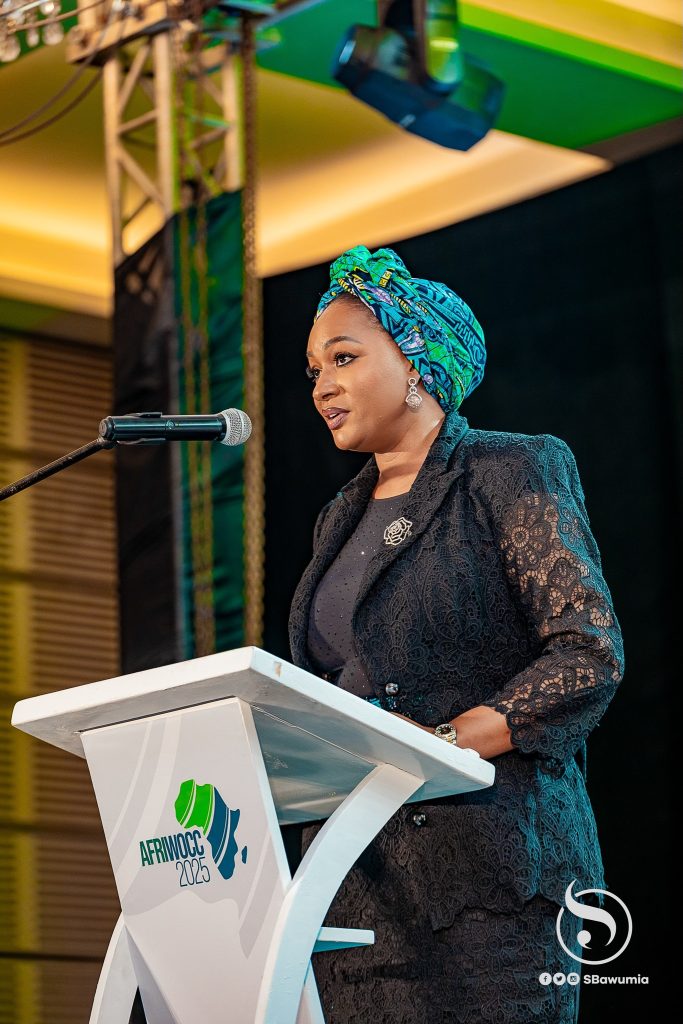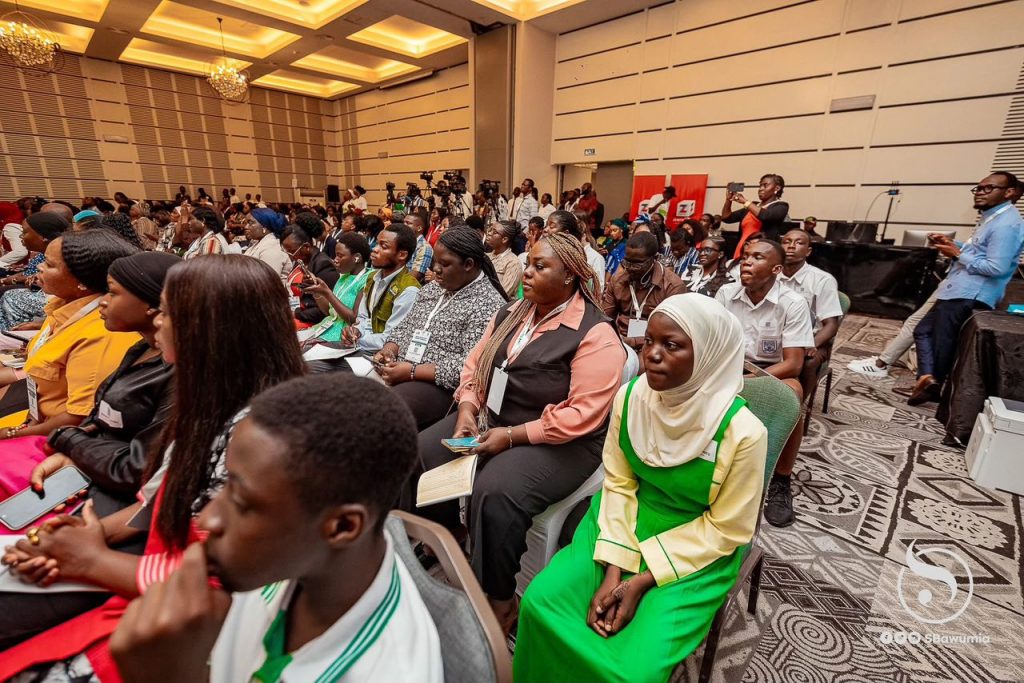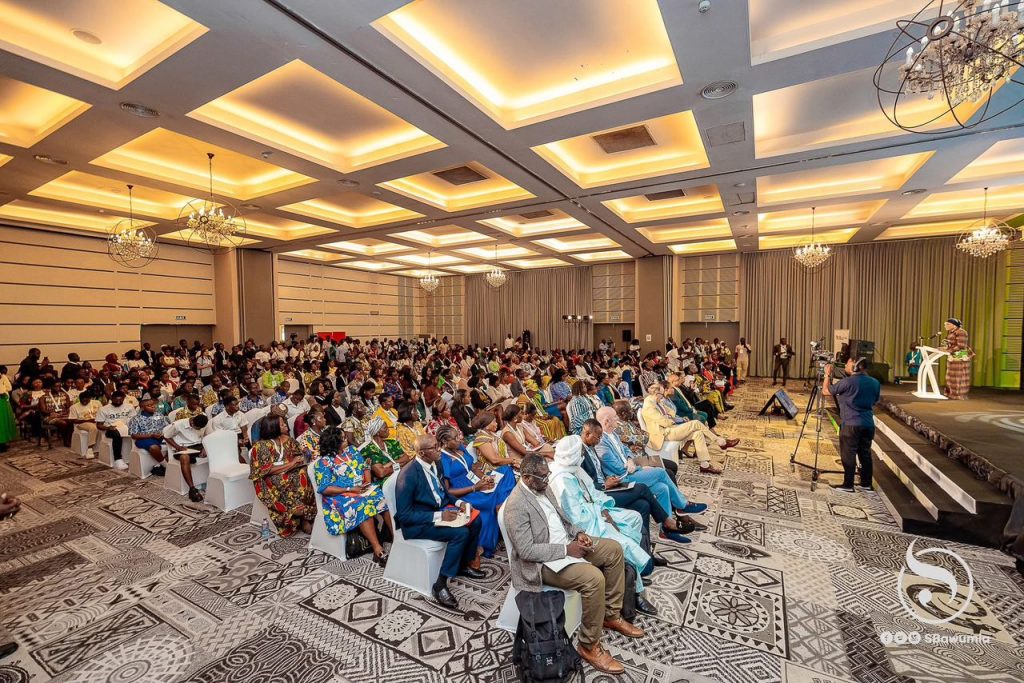
Former Second Lady of Ghana, Her Excellency Samira Bawumia, has called for urgent and coordinated efforts to accelerate Africa’s transition to clean cooking solutions, warning that the current state of household energy use, is both a public health and environmental crisis, but one that is solvable.
Speaking at the opening of a high-level panel on clean cooking during the Africa Women and Children Conference (AWCC), Mrs. Bawumia underscored the importance of collective action, sustained investment, and the empowerment of women and youth to drive real change across the continent.
The conference, which ran from October 6–7, 2025, at the Labadi Beach Hotel in Accra, was held under the theme “Young Voices, Innovative Ideas, Greater Impact for Africa.” The annual event, founded and chaired by Mrs. Bawumia, serves as a platform to spotlight solutions to the social, economic, and environmental challenges affecting women and children across Africa.
In her remarks, Mrs. Bawumia highlighted that nearly 900 million people across Africa still rely on traditional fuels like wood and charcoal for cooking, exposing themselves to severe health and environmental risks. She described clean cooking not just as an energy issue, but as “a matter of public health, gender equality, environmental sustainability, and economic development.”
Over 600,000 premature deaths are recorded each year globally due to indoor air pollution, many of them among women and children. In sub-Saharan Africa, traditional cooking methods are linked to up to 50% of forest degradation, and are the leading source of black carbon emissions, a climate pollutant more powerful than CO₂ in the short term.

“The burden of fuel poverty is passed down through generations,” she said.
“Women and girls spend hours collecting firewood, often at great personal risk, time that should be spent on education, work, and innovation. But this is a burden we have the knowledge and technology to lift.”
While progress has been made through pilot projects and improved technologies, including biogas, solar, and electric cookstoves, Mrs. Bawumia stressed the need for greater scale and urgency. She cited expert estimates that just a few billion dollars in global annual investment could significantly expand access to clean cooking, a small fraction of the world’s total energy spending.
“We have the technology, the data, and the policy frameworks. What is needed now is political will, coordinated action, and commitment to scale,” she said.
She also touched on the role of women not just as recipients of aid, but as key drivers of the clean energy transition.
“We must empower women not just as beneficiaries, but as entrepreneurs, innovators, and leaders,” Mrs Bawumia further noted.

Citing mobile-based microfinance models that have already helped low-income households afford essential goods, she emphasized the importance of financial innovation and culturally adapted distribution models that work at the community level. She also pointed to clean cooking initiatives introduced in schools as an example of practical, high-impact interventions that improve child health and promote sustainable habits.
Mrs. Bawumia noted that Africa’s youth, with a median age of just 19, must also be at the center of the clean energy conversation. “These young people are not only our future leaders, but today’s change-makers. If we invest in their health and potential now, we invest in a stronger, safer Africa.”
The panel discussion was one of several sessions during the two-day conference aimed at exploring practical solutions to Africa’s development challenges. Participants included policymakers, development partners, traditional leaders, students, entrepreneurs, youth leaders, and experts from across the continent and beyond.
Mrs. Bawumia concluded her remarks by calling on stakeholders to approach the issue with a sense of urgency and commitment.
“Justice means healthier families, stronger economies, and a skilled, empowered workforce. Let us move from aspiration to acceleration,” she stated.
